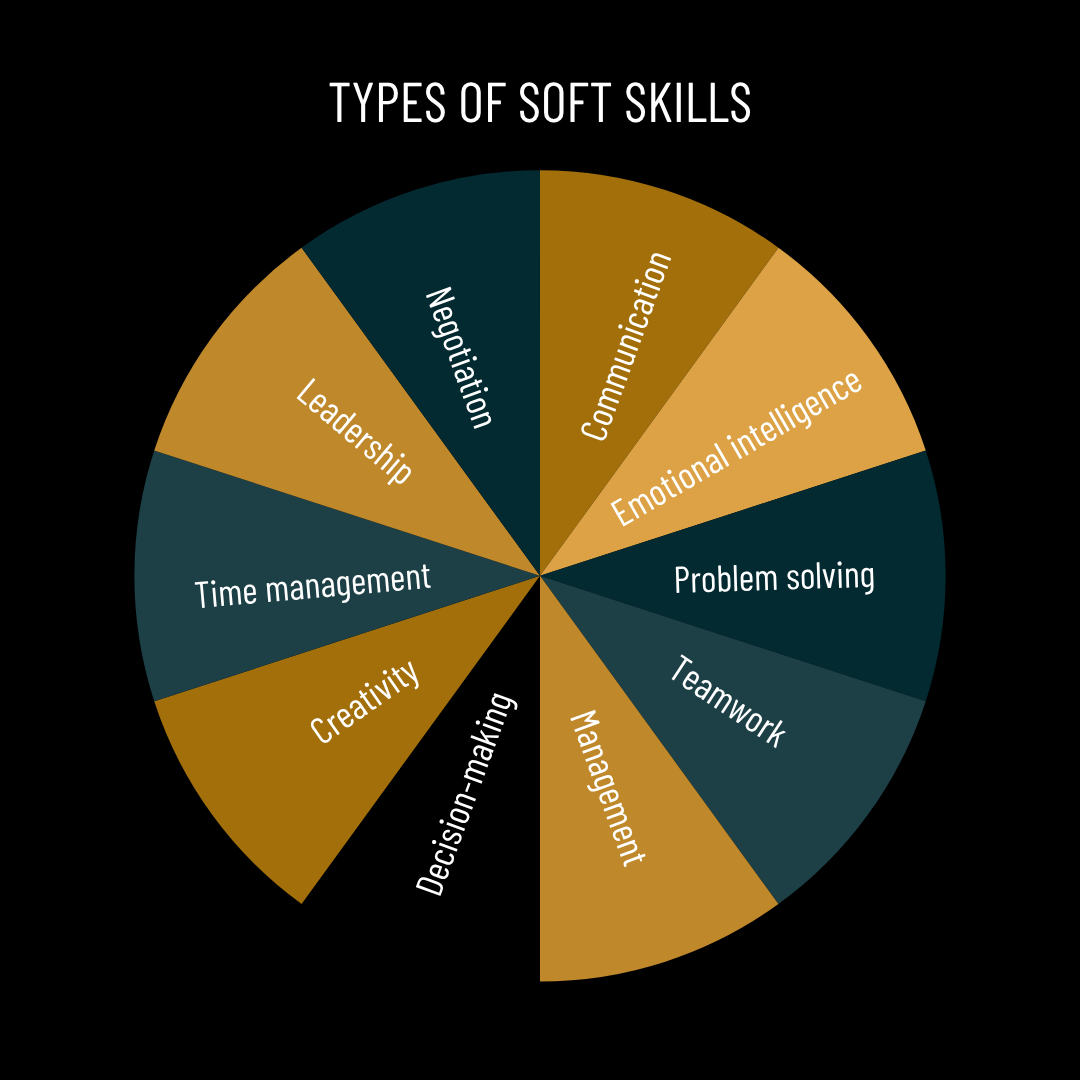
Technology is changing faster than universities can update their curriculum. Employers today are hiring for potential and adaptability, not just qualifications. A degree shows what you learned, but soft skills show how you work and how you’ll grow.
Here’s why soft skills are now front and centre in recruitment:
1. Most Jobs Are People Jobs
Even in highly technical industries, success often hinges on effective collaboration. Employers need people who can listen, respond to feedback, lead meetings, and resolve conflicts. In customer service, sales, and leadership roles, soft skills are non-negotiable.
2. Machines Can’t Replace Humanity
While automation and AI are transforming jobs, machines can’t replicate emotional intelligence or human connection. Soft skills are what make people irreplaceable. Employers know that and they hire accordingly.
3. Degrees Are Common, Soft Skills Are Not
In many industries, having a degree is now the baseline, not the differentiator. What sets candidates apart is their ability to build relationships, communicate clearly, and navigate challenges.
What Employers Say
According to a LinkedIn Global Talent Trends report, 92% of talent professionals say that soft skills matter as much or more than hard skills. Top employers like Google, Deloitte, and IBM have even de-emphasised the need for degrees in favour of proven interpersonal and leadership ability.
Recruiters often say, “We hire for attitude and train for skill.”
Soft Skills That Employers Look For First
Let’s break down some of the most in-demand soft skills and why they matter:
1. Communication
Strong communication skills mean you can express your ideas clearly and understand others. This is vital in meetings, client calls, writing reports, and giving presentations.
2. Teamwork
Being able to work well with others, especially people with different perspectives, is crucial. Teams are how work gets done.
3. Adaptability
Employers want someone who can stay positive, adjust quickly to change, and keep moving forward even when things don’t go to plan.
4. Emotional Intelligence
The ability to read the room, manage your emotions, and understand others is one of the most underrated career skills.
5. Problem Solving
Your ability to think on your feet, analyse issues, and find solutions without being hand-held is highly valuable.
Can You Learn or Improve Soft Skills?
Absolutely. Just like technical skills, soft skills can be learned, practised, and refined over time. Start by:
- Seeking feedback from peers, managers, or mentors
- Watching how effective leaders communicate, lead, or navigate conflict
- Reading books on communication, leadership, and emotional intelligence
- Joining workshops or webinars that focus on personal development
- Volunteering in group roles to practice collaboration and leadership
At the end of the day, self-awareness is the first step to improving soft skills.
Soft Skills Beat Credentials in Interviews
You may have a great degree or technical portfolio, but if you come across as difficult to work with, resistant to feedback, or lacking initiative, employers will pass. Interviews are often more about how you think, act, and respond under pressure than about what’s on your CV.
Use interviews to:
- Share stories that highlight your teamwork or leadership
- Show enthusiasm and positive energy
- Ask thoughtful questions that reflect critical thinking
- Listen actively and communicate clearly
Soft Skills in Your CV and Cover Letter
Don’t just list soft skills in a bullet point; show them through results. Instead of writing “strong communication skills,” try:
- Led weekly client meetings and resolved three major account issues, improving retention by 15%
- Facilitated a cross-functional team project that saved the company Ksh 500,000 in operational costs
Results prove your soft skills better than adjectives.
Final Thoughts
Degrees will always have value. But in a world where technology, creativity, and collaboration drive success, soft skills are what set you apart. Employers want people who can learn quickly, work well with others, and lead with empathy. Those qualities don’t come with a certificate; they come with experience, effort, and self-awareness.
If you want to stand out in today’s job market, keep building your technical skills. But never forget to master the human ones too.